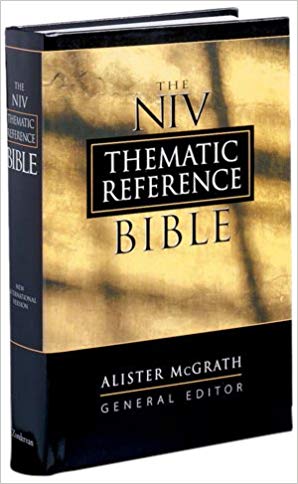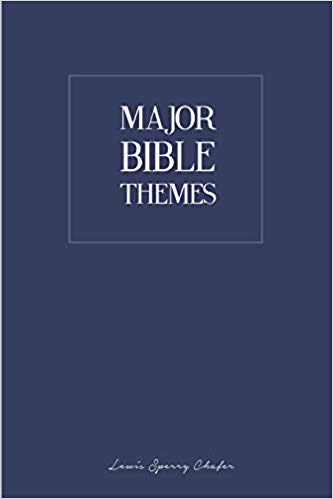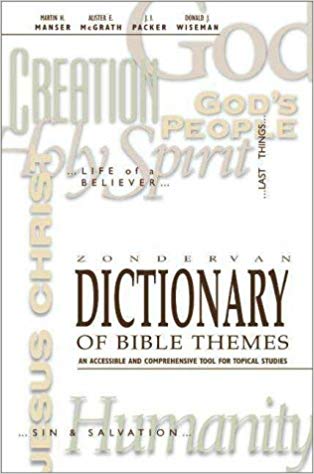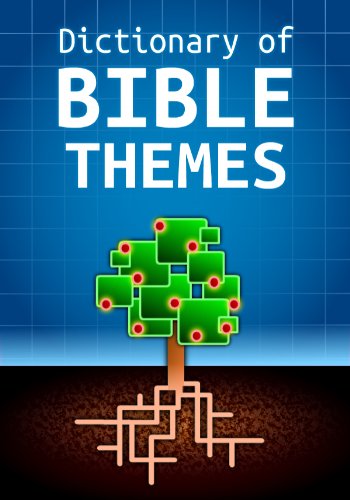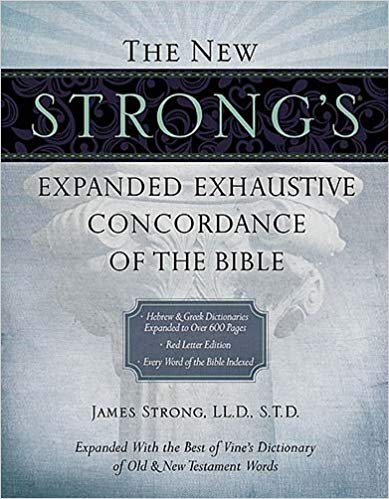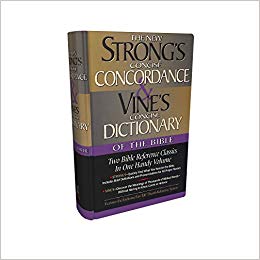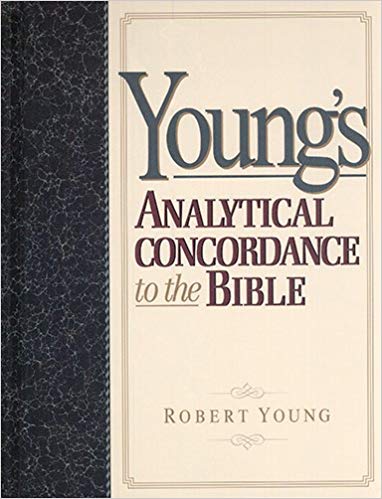Studying the Bible is an inexhaustible part of any believer’s life. No matter how much time one spends in the study of the word of God, there is always more to be learned. The method used may feel less exciting after a time, though; there are many options to bring a new light to the familiar text. One way is to use a thematic study method.
The supplies needed for this type of study are the same as most studies: a Bible, an English dictionary and a Bible dictionary, a concordance, and a notebook and a writing implement.
Similar to a topic study, a thematic study looks at a much smaller subset of the topic rather than the whole topic.
Choose the theme
A theme is a topic or a subject. It could be a specific issue or idea that the Bible teaches about, or something in daily life that needs to be considered, or just something that is interesting. The best themes are fairly specific, as generalities tend to be too “all over the place” and less likely to result in a cohesive, effective study. For instance, the topic “Women of the Bible” is likely too broad a theme, while “Esther” would be narrower and “Esther’s feast” would be specific. A good one for beginning might be “knowing God’s will,” which is something every Christian should be interested to learn.
It is important to stay focused on the chosen theme. When discovering associated ideas, have a page to write them down for future study themes.
List the verses
Using a comprehensive concordance such as Strong’s, find all the verses that relate to the topic that was chosen. Remember to check for synonyms and other possible vocabulary that relates to the study. It may also be advantageous to get a Bible that is already marked for thematic study, such as the Thematic Reference Bible.
This is likely to take a good bit of paper, regardless how specific your theme is. It might be helpful to leave a line or two between each reference, for notes about that particular verse or passage and how it relates to what is being studied.
Determine questions to answer through the study
Take a few moments to determine what questions would best aid in the study of this theme. Somewhere around five questions is a good plan (ideally not more than five), with specific things based on “who, what, when, how, where, and why,” like journalists do. For example, if studying Esther’s feast, one might have a set of questions like these:
- Who is mentioned here?
- Where does this take place?
- What is the goal of each individual?
- Why is this situation handled this way?
- What can I learn from this?
For the study of knowing God’s will, some possible questions include:
- What particular things are God’s will?
- Why should we do God’s will? (motives, or results)
- How do we do God’s will? (actions, but also attitudes)
If you come up with more than five questions, consider doing more studies of the same verses with different questions at a later date.
Keep the questions available while studying; consider them with each verse
Answering as many of the questions as possible with each verse, write the answers in the notebook. It is likely that not every verse will have an answer to every question. Numbering the answers can aid in later steps of study. If you read the verses without finding answers to your questions, reevaluate the questions and adjust them to something that can be answered with the topic’s Scriptures.
Summarize and organize the information
Compile the answers that were written down and summarize them by writing what you learned in your own words. An outline made from the main points and grouping similar verses and answers together will put the information in an easily reviewable layout, which can also be used in a group study.
Apply the information
Be specific about how the lessons learned in this study can be applied to situations in personal life. Write down practical ways that life changes can be established. Remember to consider if the application is possible, practical, and able to be evaluated. It is important to go back and consider whether application has been successful; if it has not been, further consideration can be useful to foster better application of necessary concepts.
There are advantages in using this study system
Because there are not many resources required, it is an easy way to learn from the Bible. With a specific topic and a few questions, this type of study can be done over time in just a few minutes a day. In some themes, only one question is needed to get a complete picture (for instance, “what things are hated by God?”).
Resources
There are a variety of books that have themes in them that can be of help in choosing a theme, as well as beginning to study it. It may be a good idea to do the Bible study first and read the other studies after, for comparison, rather than reading it first, as there may be something different that stands out to each person. Concordances and dictionaries below are the more popular options, but there are other options available.
Major Bible Themes
Zondervan Dictionary of Bible Themes
Dictionary of Bible Themes (Kindle)
The New Strong’s Expanded Exhaustive Concordance of the Bible
Strong’s Concise Concordance and Vine’s Concise Dictionary of the Bible: Two Bible Reference Classics in One Handy Volume
Young’s Analytical Concordance to the Bible
The most important thing about Bible study is that a believer does it! If the thematic study method is not appealing, find a method that works for you, but give it a try before deciding it is not the right option. And regardless, take time each day to read the Word – that is the only way to grow in Christ!


